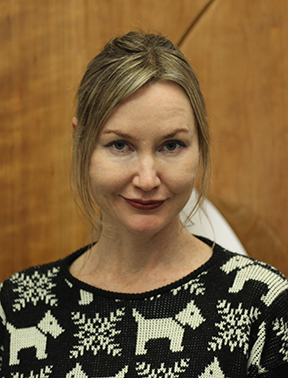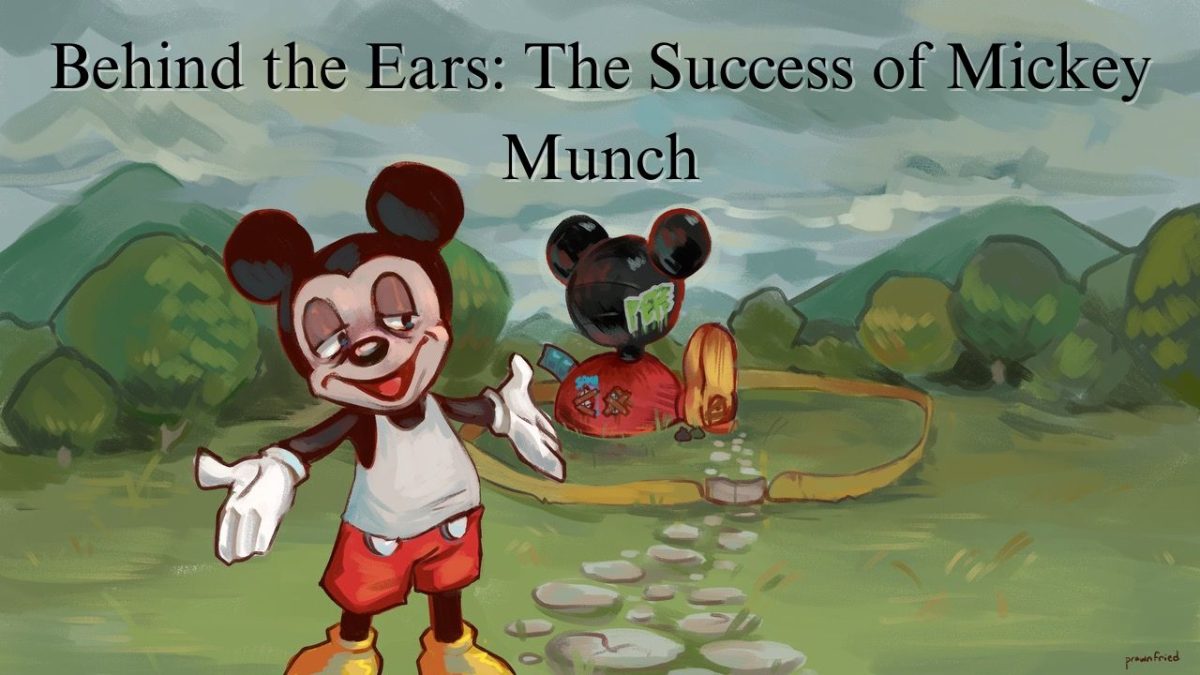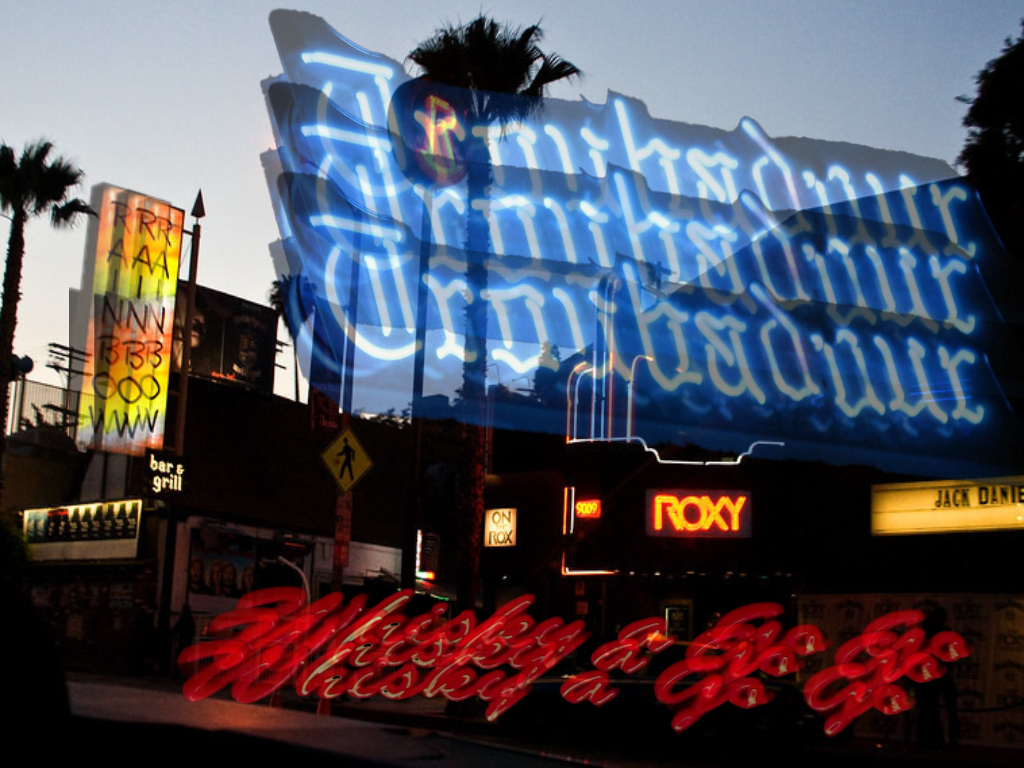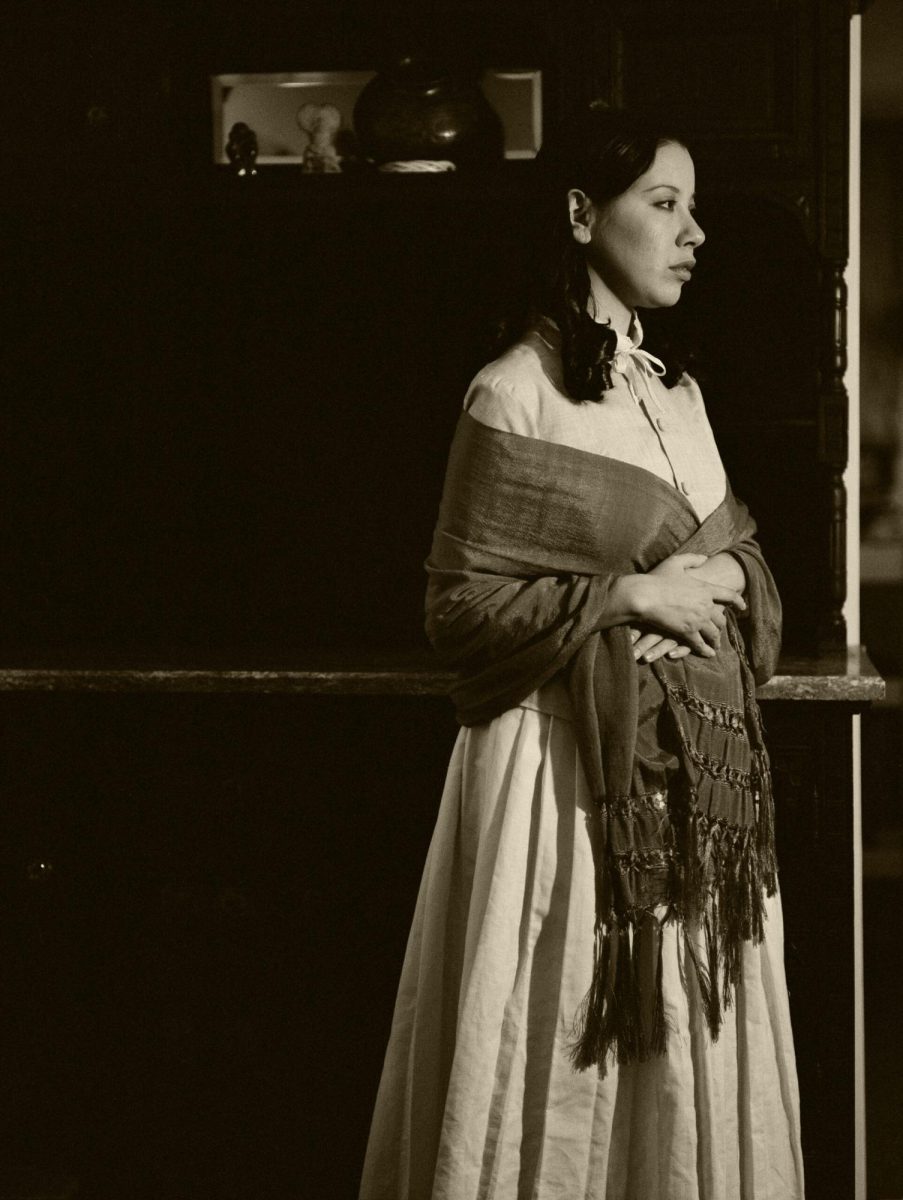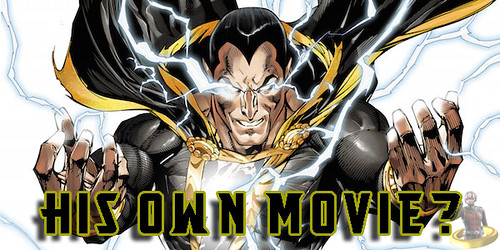Mary Queen of Scotts reveals the darker side of being born royal in the Feudal age in which ruling female monarchs were few and far between and were surrounded by councils of men hoping to exact the most influence possible while often plotting against their Queen at the same time.
This, along with intrigue, gossip and religious factions would ultimately prove to be Mary Queen of Scotland’s tragic downfall.
First time director Josie Rourke reprises the classic tale with some modern twists that allows for a deeper reading of a period of history that was rife with drama and intrigue.
The plot opens with Mary, played by Soairse Ronan, returning home after 13 years in France, where she spent her formative years and at the age of 16 had married the dauphin of France, the oldest born son and first in line for the throne.
After his untimely death Mary has returned home to her native land where her half brother James, Earl of Moray, is acting as regent on her behalf.
Once it is clear that she is home to stay the ruling Protestant cleric pays a visit to the Queen during which she makes it clear to him that she is the Queen and will not be intimidated by him or anyone else.
He leaves angrily and thus the seeds begin to be sown against her.
He proceeds to give fiery sermons about the fact that she is a Catholic and loyal to Rome, and to decadence, and therefore not a good Christian and not fit to lead the country.
Meanwhile her return has rankled her cousin Queen Elizabeth, played by Margot Robbie, to the south in England because Mary is actually considered the more legitimate of the two Queens in terms of blood lines, Mary is the only legitimate child of James V whereas Elizabeth was ‘bastardized’ following the 1536 execution of her mother Anne Boleyn and in the eyes of the Catholic Church, Elizabeth was the product of an unlawful marriage.
Fearing a challenge from her rival, Elizabeth, along with her counsel, devises a plan to offer up Robert Dudley, Earl of Leicester who also just so happens to be the only man that she actually can admit to having feelings for.
The idea is that Robert will continue to be loyal to her, and to England but would serve as a spy at the same time within the ‘marriage’.
This begins the power plays and games that were part and parcel of being a member of the royal family in the Feudal era.
However, as much as this movie is about power it is also about love.
The main characters, the Queens, become very vulnerable in surprising ways as they face the fact that their royal status comes at a steep price.
It is an unfortunate fact that they both must face.
In order to retain their power they must make compromises that cut to the core.
While Mary chooses love but quickly discovers the realities and fragility of it, Elizabeth has cut herself off from her own heart to the point that she appears to have no feelings at all. She refers to herself as a man with pride in her voice.Yet when she learns that Mary will bear a child, an heir to the royal throne, something in her shifts and she begins to drift off to the very edges of her own identity.
Mary, who is younger and considered a beauty of legendary proportions, will bear the first heir to the royal throne and is now perceived as even greater threat. What she doesn’t know is that the Prince, who she has chosen for her King, actually prefers men over women and has unseemly aims to position himself in power. In spite of the factionalism that ensues Mary proves to be a powerful force and time and again she chooses love over hate, demonstrating her willingness to compromise and forgive yet maintaining support amongst the people. But after her trusted secretary, David Rizzio, is murdered by a faction led by her own brother with the support of the Cleric and his followers, she begins to see that peace between England and Scotland is her ultimate goal and she demonstrates that she is willing to compromise to ensure it.
However, in spite of her good faith the conspiring against her continues and ultimately, she finds herself alone and without anyone she can trust. The great irony is that when she finally meets her cousin, Queen Elizabeth, they both admit that they feel completely alone. When Mary asks Elizabeth to support her by sending an army in her defense Elizabeth says that she is unable to do that but that Mary would always be safe in England. Ultimately, she did not uphold that promise and in the end suspicion once again undermined even the best of intentions. It is a cautionary tale about power and betrayal and the fact that you are never truly safe at the top. Mary chose love, Elizabeth continued her rule in fear and although Mary lost her life in the process one has to wonder whether Elizabeth truly won or whether she simply managed to maintain a death grip on her position of power that in actuality, deprived her of the true joys of life and love.



